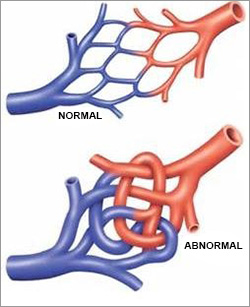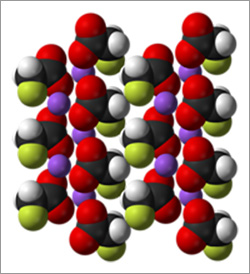APAF Newsletter Vol. 7 No. 1
Welcome to APAF's 2017 newsletter.
Welcome to our first Newsletter for 2017. Here, we highlight three collaborative proteomic projects in diverse areas that showcase APAF capabilities. Two of these projects use mass spectrometry. The first uses SWATH-MS to examine cell surface localised proteins after cell irradiation, while the second characterises the protein components in koala milk. A third article reports on the use of APAF amino acid analysis of bound and free amino acids to examine utilisation in culture media. If you would like us to highlight some of your research were APAF has been involved please contact us.
Protein Expression after Stereotactic radiosurgery

Abnormal brain blood vessel architecture as in the case of arteriovenous malformations (AVMs) are at increased risk of rupture causing a haemorrhage and possible death. The two treatment options involve surgical removal or stereotactic radiosurgery (SRS) for difficult to access deep AVMs. This study tested the hypothesis that SRS would promote relocation of some proteins to the cell surface of irradiated cells, allowing them to be targeted by specific affinity reagents. Read more
Characterising immune protection components of Koala milk

To better understand the contribution of marsupial milk in providing immune protection for the Koala joey, APAF conducted a collaboration with Bioplatforms Australia, and Professor Kathy Belov and colleagues at The University of Sydney and The University of the Sunshine Coast. Here, we characterised the protein components of both early lactation and late lactation milk using LC-MS/MS, and matched peptides to a transcriptome obtained from the koala mammary gland. Read more
Amino acid utilization in plant toxin degrading bacterium

Plant toxins such as fluoroacetate have the ability to poison introduced animals such as livestock. A particular bacterium, Synergistetes strain MFA1 found in animal gastrointestinal tracts can degrade this toxin. In this study researchers from CSIRO Agriculture and the University of Queensland investigated the amino acid and peptide growth requirement under differing conditions. Read More
